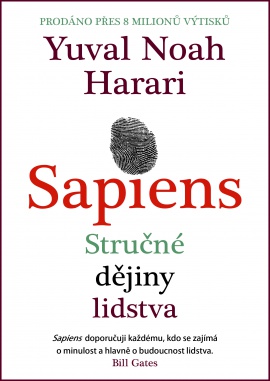
We are what gives networks their power: they use our ideas of meaning to determine what will happen to us. We are meant to be the ones who decide what happens to us: as voters, as consumers, as lovers. The project of modernity was built on the idea that individual human beings are the source of meaning as well as power. That’s what Harari means by the “uncoupling” of intelligence and consciousness. The trouble is that other algorithms – the ones that we have built – can do it far more efficiently than we can. By manipulating the data we can exercise mastery over our fate. Evolutionary science teaches us that, in one sense, we are nothing but data-processing machines: we too are algorithms. We have achieved these triumphs by building ever more complex networks that treat human beings as units of information. War is increasingly obsolete famine is rare disease is on the retreat around the world. The evidence of our power is everywhere: we have not simply conquered nature but have also begun to defeat humanity’s own worst enemies. Homo Deus makes good on this thought to explain how our unparalleled ability to control the world around us is turning us into something new. We are at the height of our power but we may also have reached its limit.

That book ended with the thought that the story of homo sapiens could be coming to an end. Homo sapiens is just one possible way of being human, an evolutionary contingency like every other creature on the planet. Yuval Noah Harari’s previous book, the global bestseller Sapiens, laid out the last 75,000 years of human history to remind us that there is nothing special or essential about who we are. That fact has the potential to change what it means to be human. But it can process our behaviour to know what we want before we know it ourselves. It doesn’t care what we search for and it won’t feel hurt by our behaviour. Google – the search engine, not the company – doesn’t have beliefs and desires of its own.

But we have already built machines – vast data-processing networks – that can know our feelings better than we know them ourselves: that’s intelligence. Robots won’t be falling in love with each other (which doesn’t mean we are incapable of falling in love with robots). We are not going to build machines any time soon that have feelings like we have feelings: that’s consciousness. A t the heart of this spellbinding book is a simple but chilling idea: human nature will be transformed in the 21st century because intelligence is uncoupling from consciousness.


 0 kommentar(er)
0 kommentar(er)
